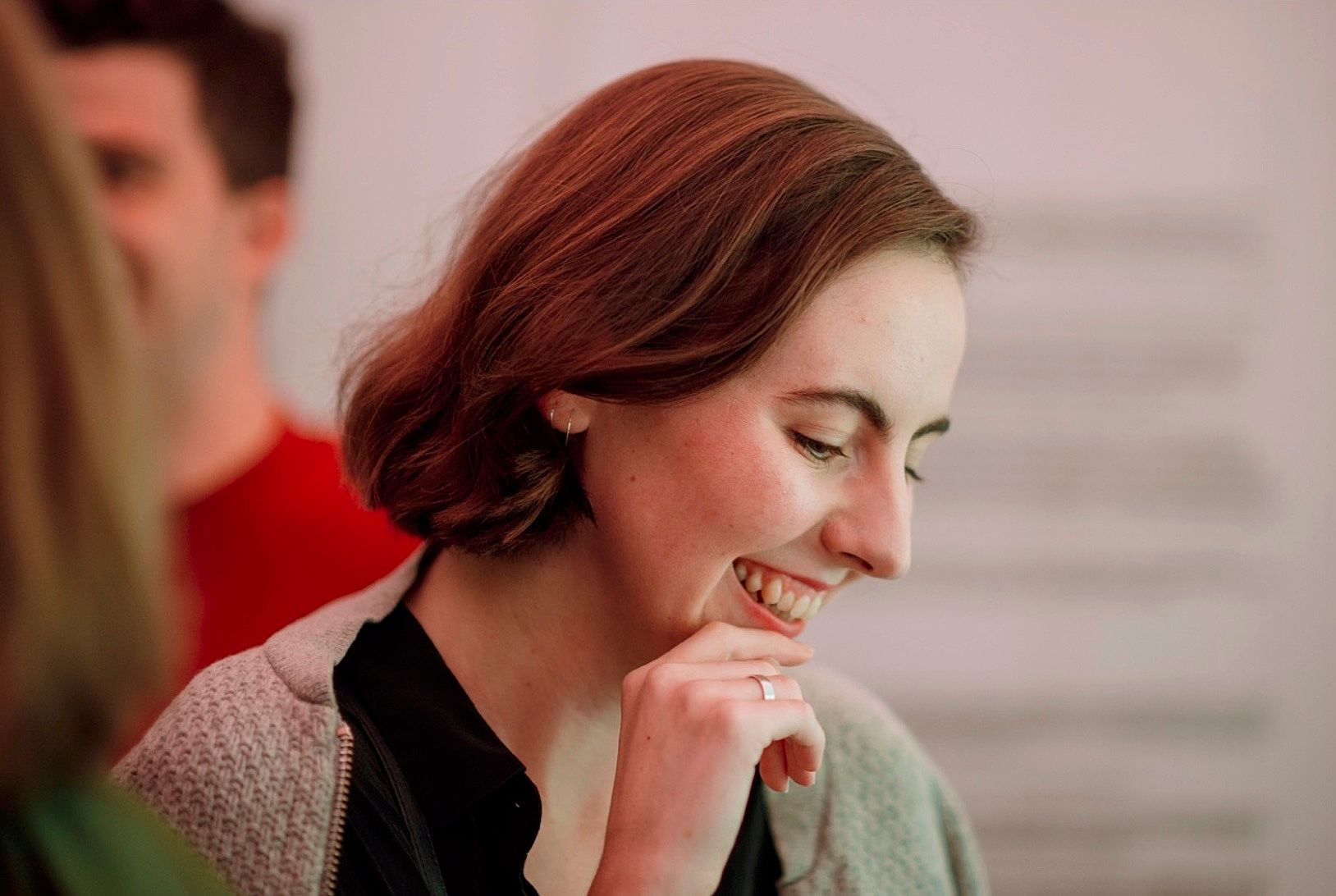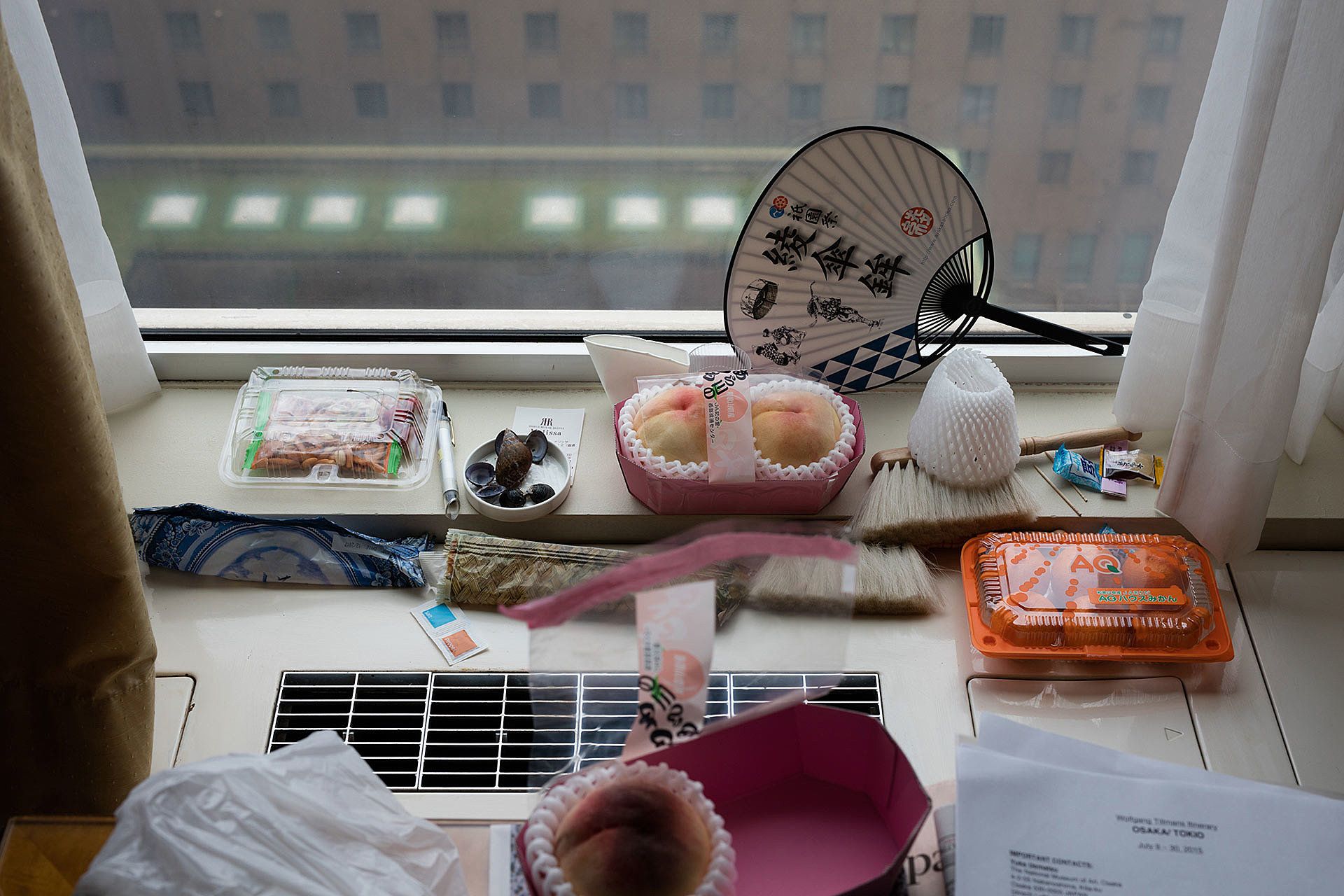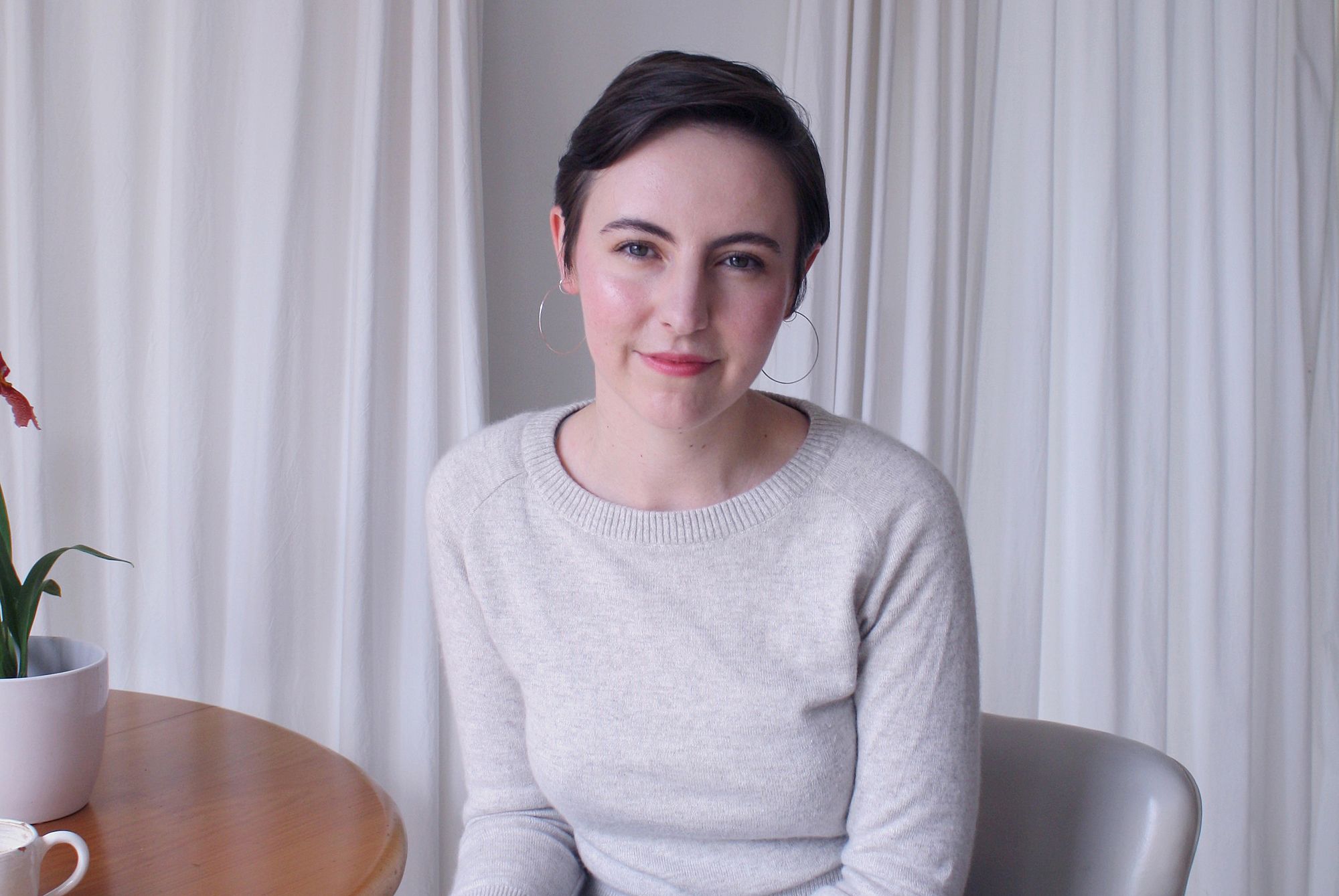Loose Canons: Lucinda Bennett
Loose Canons is a series in which we invite artists we love to share five things that have informed their work. Lucinda Bennett – our just-departed Visual Arts Editor, now turned Staff Writer – is a freelance writer published across numerous print and online platforms.
Loose Canons is a series in which we invite artists we love to share five things that have informed their work. Meet the rest of our Loose Canons here.
Lucinda Bennett – our just-departed Visual Arts Editor, now turned Staff Writer – is a freelance writer published across numerous print and online platforms, including Art New Zealand, Art + Australia, Art Collector, ARTSPACE, Bowerbank Ninow, Public Art Dialogue and by artist commission. In 2017 she was the CNZ Curatorial Intern in Contemporary Art at Dunedin Public Art Gallery.
Lucy holds an MA with First Class Honours in Art History from the University of Auckland. Her thesis, ‘A critical approach to intimacy in art’, looked at contemporary moving image works and the contention that networked technologies have both changed and extended the phenomenon of intimacy in art. She has worked as a summer research scholar, graduate teaching assistant and curator at Window Gallery, and has presented papers at local and international conferences, including ‘Cultural Typhoon’ (Tokyo University for the Arts, 2016) and ‘trans/forming feminisms: media, technology, identity’ (University of Otago, 2015).
Lucy also has a background in theatre, having founded an independent theatre company Lucy & Luke Create through which three of her scripts have been produced. Alongside her writing work she is currently studying to be a high school art history and English teacher.
PERSONAL WRITING
I suppose personal writing is a kind of Venn genre, a place where so many genres meet and overlap, united by a writer’s position, and their tone. I love to feel as though a writer is confiding in me, like they’ve pulled passages straight from their journal into their manuscript. I want to read well-researched books about vaccinations, addiction and outsider artists, but for them to be about the processes of researching, writing, thinking and living through that book, too.
In lieu of a better explanation of these texts I so love, a list of some of their makers: Leslie Jamison, Olivia Laing, Alexander Chee, Eula Biss, Rivka Galchen, Maggie Nelson.
VANDERPUMP RULES
No one who knows me will be surprised by this inclusion. I truly believe reality television has entered its golden era, and that VPR is the jewel in this crown – especially Season 2. It’s a show ostensibly about a group of servers working at a West Hollywood restaurant owned by Lisa Vanderpump, of Real Housewives fame. However, what it’s really about is class, the politics of work and the uniquely contemporary condition of being able to hold onto and believe multiple truths simultaneously. For anyone who has found themselves perplexed by the seismic geopolitical events of the last few years, I would direct their attention to one Jax Taylor, a liar so masterful I am convinced he occupies multiple plains of reality. He is the embodiment of post-truth politics, more compelling than any character from any respected premiere television series. The rest of the cast are no less richly drawn, and the complex web of relations between them can only be described as Shakespearian.
Not that I feel the need to justify my love for VPR, but if I did, I would point sceptics to the media theorist Dr Misha Kavka’s writings on reality television, affect and intimacy. For what is good television if not the creation of intimate relations across a screen, and who gives more of their lives than Stassi, Jax, Sandoval, Scheana, Kristen, Ariana, Lala, Brittany, Katie, Schwartz and DJ James Kennedy?
SIANNE NGAI AND MINOR AFFECTS
I’ve already touched on affect in this list, both obliquely and concretely. It’s a trendy word at the moment, one we throw around perhaps too often in art parlance when we could perhaps use a more common word, like feeling. However, while they are frequently (and not altogether incorrectly) used synonymously, affect, emotion and feeling each carry distinct, acculturated nuances and connotations, with affect being the most abstract of the trio. Affect is the name we give to the experience of having feelings and emotions. It is the textures and intensities pulsating at the edge of cognition, interfacing between bodily states and the mind.
But I digress. What I really want to talk about are those affects Sianne Ngai terms minor or ‘non-cathartic’ – ambivalent affects that don’t precipitate action, such as irritation and boredom. Ngai’s research focuses on aesthetic experiences rooted in these ambivalent affects, unpacking apparently trivial aesthetic categories such as the cute, zany and interesting to reveal these as the most central to postmodern culture. Reading her work for the first time was a revelation. I’d always been attracted to ambiguity, to words and feelings that could be construed as positive or negative, or both. Ngai’s work articulated the link between aesthetics, affects and politics in a way that felt true to my own experiences of the world. Cuteness as the dominant aesthetic of consumer society, zaniness as a form of cultural performance and therefore affective labour, interesting as obsessive comparison – a necessary response to the limitless images and ideas we encounter day to day.
CHRONIC FATIGUE
I never thought I would include chronic illness on a list such as this, and yet here we are. In studying to be a teacher and spending much of my time thinking about the experiences of adolescents, I have been reminded of my own adolescent years, and the way they were defined by illness and dismissal. At around the age of 15, I developed Chronic Fatigue Syndrome (CFS), a condition that meant I was physically and mentally exhausted more often than not. Even during periods of relative wellness, it was rare for me to complete a full school day. However, worse than the illness itself was not being believed. As CFS lacks an uncontested medical diagnosis, doctors, teachers and peers were dismissive of the idea that I was sick at all, and so I began questioning my own version of reality, wondering if it really was all in my head. As it turns out, this is a common experience for CFS patients, and one with significant effects on their identity and self-esteem. For many years, and even to this day, I have identified as ‘unwell’ before the many other things I am.
For the longest time, I relegated this period of my life to the back of my mind, I so wanted to just move forward and be well. But lately I’ve been thinking about how formative this experience was, how it shaped my priorities and continues to inform my belief that people are valuable beyond their productivity. While I wouldn’t describe being severely ill and gas-lit as a pleasurable experience, it wasn’t wholly negative, either. My family believed and supported me, encouraging me to spend my limited energies doing things that brought me pleasure. It made me a more compassionate person, more willing to listen when others describe their realities, and to empathise even when their descriptions don’t match my own observations. It would be difficult to overstate how much this has informed my work – as an editor, a writer, and a teacher. Each of these roles presents a huge responsibility: to guide a writer while keeping their voice intact, to describe my experience of an artwork or the meat of a practice, to prescribe the way a young person will learn something, perhaps for the very first time. I suppose my experiences of illness taught me how fragile we are, how we must always be mindful of the gap between our experience and another’s, and to always be generous.
POTTERING
I like to change my desktop background regularly, but I always pull from a large folder of Wolfgang Tillmans still lives. They are all everyday arrangements, cherry pits and watermelon husks on the carpet, a dish of wet sandy shells from a beach walk, SD cards and mosquito coils, a window sill covered in cigarette ash and dried flowers.
I love minutiae, I love arranging things, I love being alone, I love pottering.
Whenever me or my partner come up against a creative block, my Dad likes to paraphrase Brian Eno (who, incidentally, makes great music to potter to) and advise that we clean up. Clean the kitchen, clean your inbox, clean your desktop – digital and physical. Or, if you’re me, you might like to soak some legumes, gently wipe the dust from each leaf of your ficus, make a huge batch of chili oil to eat on eggs and noodles for the next month. Some people may call it procrastination, but pottering might be the most important part of my creative process. It gives me distance from the project at hand, but it’s also about arranging my surroundings just so, creating the perfect environment from which to produce.
As an introvert and a perfectionist, sometimes I just need to be alone with my things – and my liberty.






